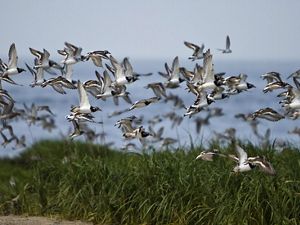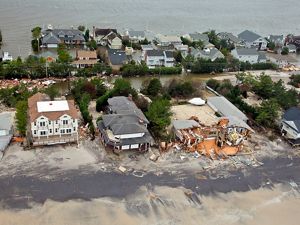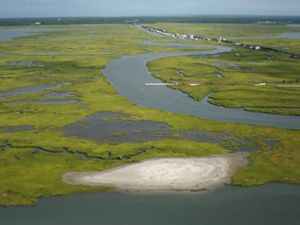Tackling Climate Change
The science is clear: Climate change is a serious threat facing our planet today. In New Jersey, we are part of the solution.
Key Takeaways
- New Jersey faces a changing climate, specifically accelerating sea level rise and more frequent and intense coastal storms.
- TNC is protecting important climate change resiliant areas and using nature based solutions to combat the impacts of climate change.
- The face of climate change can be overwhelming, but there are simple changes we can make to help fight climate change from home.
Today, New Jersey faces a changing climate, with flooding, sea level rise, habitat loss, more frequent and intense weather events, and even carbon emissions at the top of our list of challenges. We’re focusing on innovative, science-based solutions to combat climate change impacts to the state we call home.
Together with supporters like you, we can help New Jersey be resilient in the face of climate change.
Our Climate Strategies in New Jersey


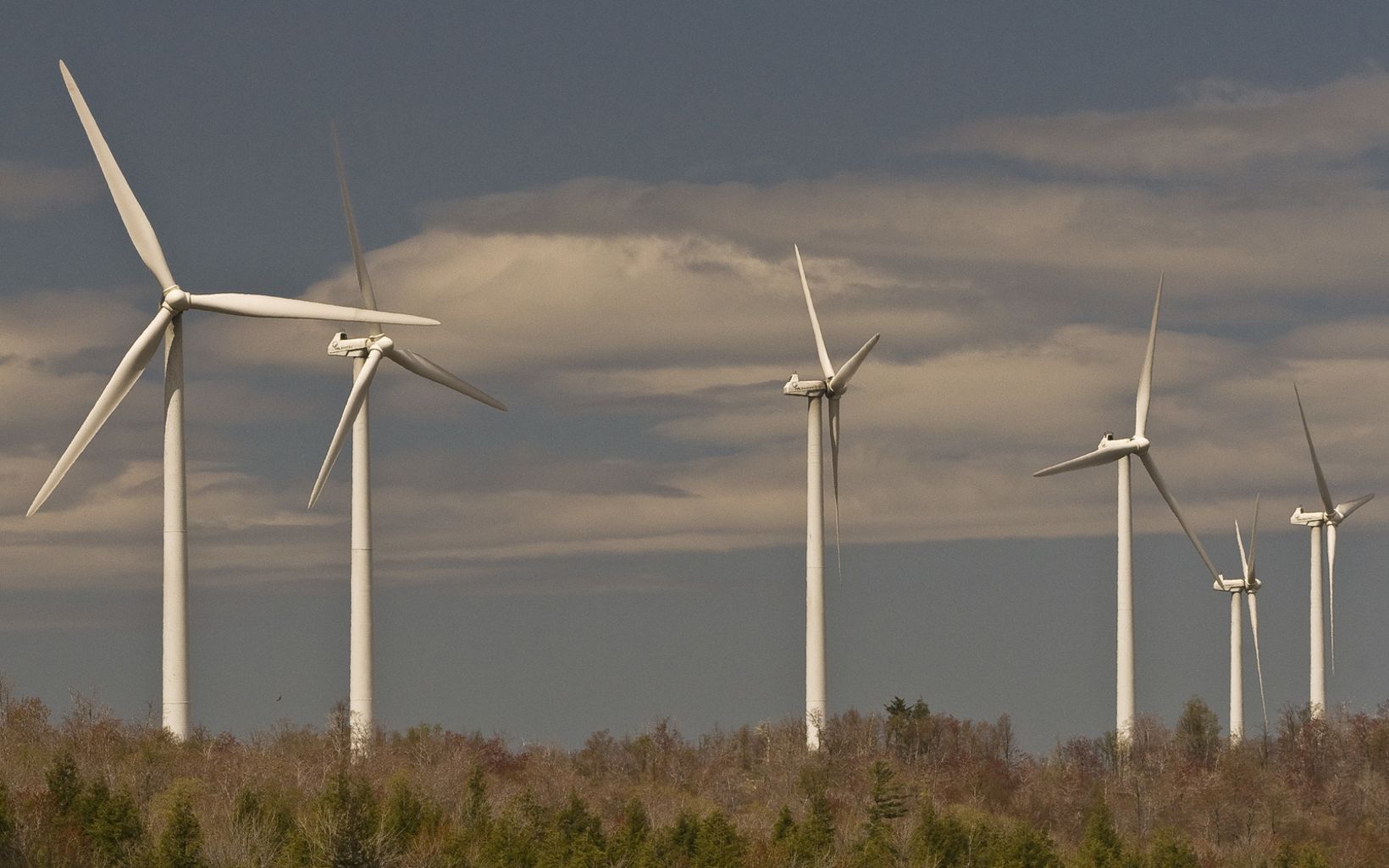



Quote: Barbara Brummer
Resilience is built into the character of New Jersey and its citizens, and nature is always part of what lifts us up. As climate change intensifies, healthy natural systems are some of our most powerful defenses.
Our Strategies
Lands
Science shows nature is poised to play a significant role in much needed efforts to store carbon and reduce emissions. Restoring, protecting and harnessing the power of our forests and wetlands will provide at least 30% of the reduction in greenhouse gases needed for a prosperous, low-carbon future.
In New Jersey, we are protecting critical natural lands like Bobcat Alley, a 32,000-acre corridor of forests and wetlands linking the Highlands to the Appalachians that provides vital habitat for species like the state-endangered bobcat.
Further south, we protected the largest privately-held piece of land that remained on the Cape May Peninsula. The 477-acre Cape Viking property near the Delaware Bay provides a place for salt marshes, which rival forests in carbon storage, to migrate inland as sea levels rise.
Rivers
Floodplain restoration is a key strategy in our work in New Jersey to safeguard precious water resources. As part of our reforestation efforts along the Paulins Kill River, an important tributary of the Delaware River, we have planted over 58,000 trees. Planting trees along key riverbanks not only restores floodplains and filters water, but also captures and stores carbon dioxide.
Building on our experience with floodplain reforestation in the Paulins Kill, we launched "Roots for Rivers,” a grant program to catalyze tree plantings in deforested floodplains across our state. The program incentivizes floodplain plantings by providing grant applicants with our technical expertise, as well as funding for planting materials. To date, we've supported nearly 28 different organizations, 55 project locations across 14 major watersheds and planted over 28,000 trees. This was all part of our goal to plant 100,000 trees in New Jersey floodplains by 2020.
Coasts
TNC is pioneering creative solutions to complex problems along our beloved coast. We’re helping New Jersey’s shore communities integrate "nature-based solutions" to address increased flood-risk associated with climate change, primarily from sea level rise and storm flooding.
Healthy natural habitats, like salt marshes, reefs and vegetated dunes, are the foundation of resilient coastal communities that are better able to adapt to the impacts of climate change. They filter stormwater, reduce wave energy and storm surge and sequester carbon, among many other benefits.
We are working on innovative projects like restoring salt marshes using clean material dredged from boat channels and creating "living shorelines" to help reduce erosion. Our 3,000-linear-foot oyster reef breakwater at Gandy's Beach on the Delaware Bay was the first of its kind in our state. It reduces wave energy, and in turn beach erosion, and provides habitat for water-filtering oysters.
Influencing Policy
As part of TNC’s global efforts to inform policy and encourage increased investment in nature-based solutions to reduce greenhouse gas emissions, we are harnessing local knowledge and relationships to reduce emissions nationwide. To accelerate this work in New Jersey, we are engaging with large, influential corporations with a presence in New Jersey that are proactive in their carbon reduction efforts. We are advocating for clean energy policies and strategies to reduce carbon emissions.
In New Jersey and throughout the Mid -Atlantic and Northeast region, vehicles are responsible for almost half of all emissions. We’re working to address this challenge by contributing to the design of a Transportation and Climate Initiative (TCI), a robust program to reduce carbon emissions from the transportation sector.
How You Can Help
TNC in New Jersey recognizes that the topic of climate change can feel overwhelming and at times scary, so we've put together 11 simple, yet meaningful changes you can make right at home to help fight climate change. Remember, no one can do everything, but everyone can do something!
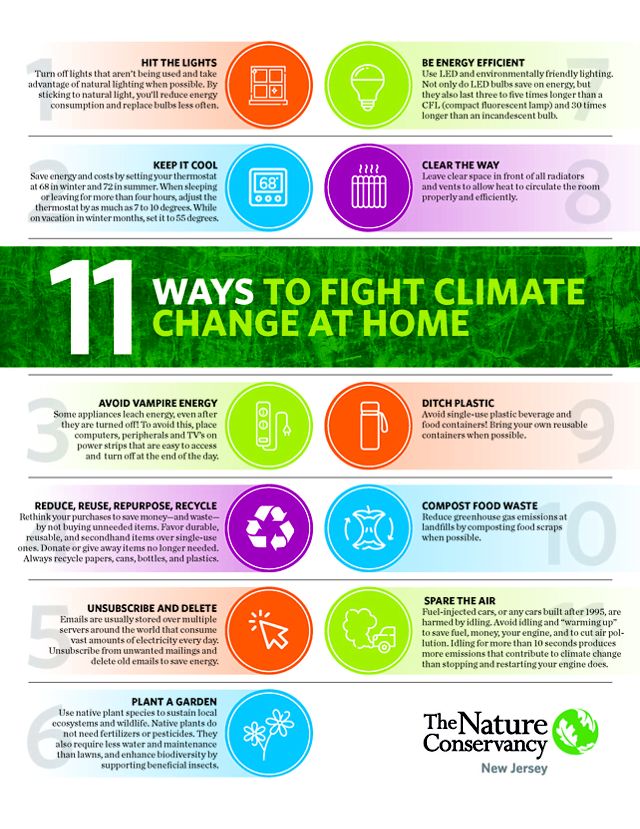
Take Action
The science is clear: climate change is the most serious threat facing our planet today. Be a part of the solution.

